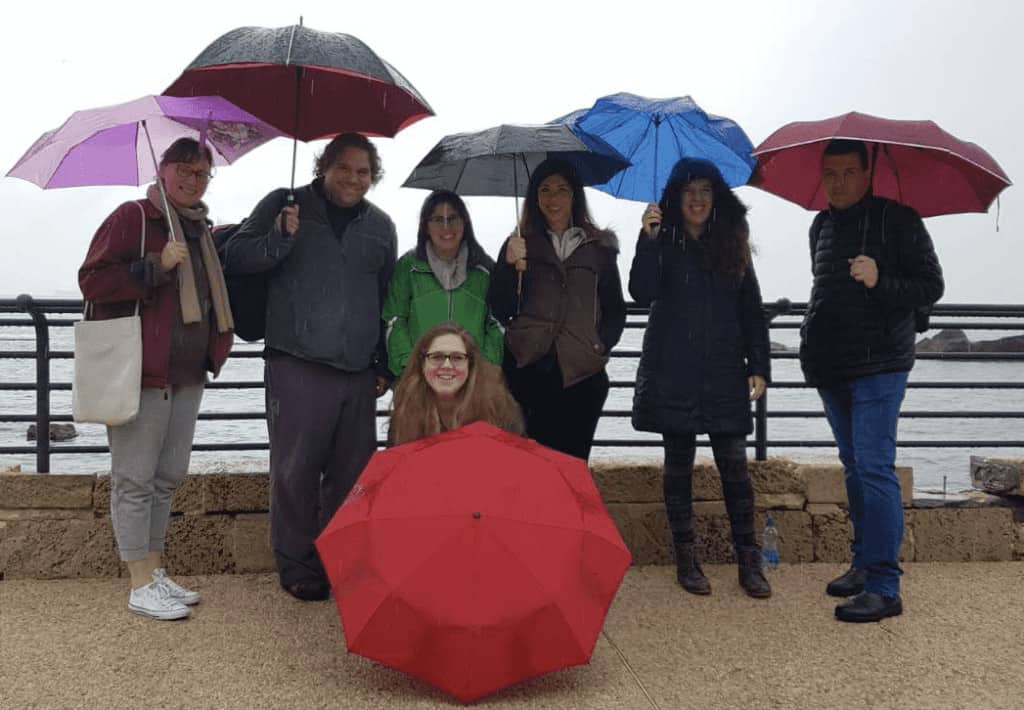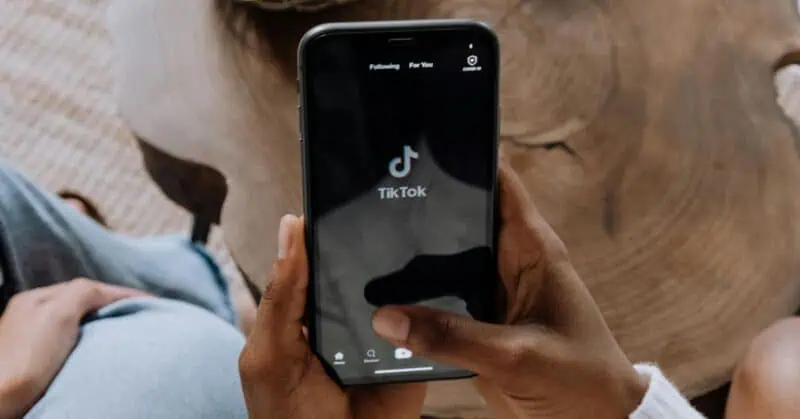On March 26, 2020, Israel went into lockdown to contain the spread of Covid 19. On that day, the Israel Nature & Parks Authority (INPA) had to close all 80 of its parks.
As in so many destinations and countries around the world, it was a dark and challenging time. By the middle of April, however, the government’s general outlook and guidance enabled INPA to begin making reopening plans.
The news was positive but also problematic.
“The leadership came to us and said we have the option to reopen the parks,” said Ron Rozen, co-founder and CEO of Tipli, an IT firm that supports INPA with their websites and digital services.
A big caveat quickly followed, Rozen added: “They said we must be able to know how many people can enter. We must capture their names and contact information, and we need to limit the number of people. We need a system to manage all of this.”
Rozen, INPA Chief Information Officer Oren Ben Horin, and Chief Digital Officer Oren Gavish knew immediately what this meant. They would need to require online booking in advance, something the INPA had never done before. Other than a few small organized activities, the authority didn’t have any booking systems. This would be a big change for Israelis too. Pre-Covid, visitors were accustomed to coming when they choose and paying the cashier at the gate to enter.
Rozen and the team at Tipli got to work gathering requirements, and they quickly realized what was involved: a new booking system for 80 parks, each with a unique schedule, tickets, pricing, and capacity limits. And they all had to be integrated with INPA’s existing website.
From Offline to Live in 10 Days
The timeline for what followed would be extraordinary for any company but unheard-of for a large division of a national government.
The Tipli team, along with INPA, designed the project and presented it to the organization’s leadership on April 22. They then immediately got to work. Using the Checkfront reservation system, they began configuring the booking engine for all 80 parks.
The first 20 parks went live on May 6, and received 44,000 visitors on the very first day. Two weeks later, they took the remaining 60 parks live. In August, they had a record booking volume with most parks sold out via the booking system.

Getting a Government to Get Nimble
It was a huge task to load all of the data and configure the system for 80 parks in such a short time frame, but the biggest challenge, according to Rozen, was getting the INPA to change their typical approach to projects like these.
“Governments expect to have a custom solution,” said Rozen. “We had to go to the government and get them to change their thinking. We had to convince them that we go with software as a service. Every time they would ask, ‘why doesn’t it work like this?’ and we say, ‘No, it works like that.’”
Rozen noted that governments face greater accountability and public scrutiny and typically have a lot of concerns. The usual technology procurement process would cover an in-depth review of security, standardization, qualifications, how data is processed and stored, GDPR compliance, and much more.
“In Corona time, we have to move fast,” said Rozen. The INPA “They feel amazing about their decision because the system can handle the growth.”
Like this? register for our Newsletter to continue the conversation
Sign UpThe Big Benefit: Data
During the lockdown, Israelis, stuck at home, flocked enthusiastically to their national parks once they reopened, even though online reservations were required in advance. The new online booking requirement is also unexpectedly transforming how the INPA does business.
“They are now running their parks with data and knowledge,” beamed Rozen, who started his career as a park ranger for INPA before launching Tipli.
For example, the parks can now clearly see visitation trends in advance. They are also planning to expand advance booking for select services, such as guided hikes, horseback riding, and other activities, which can also help with capacity planning.
Although the parks cannot introduce dynamic pricing because it is a government entity, they can introduce special offers and activities to encourage visitation during lower-demand times, such as a special sunrise tour.
INPA was also concerned that Israelis would be upset at having to book online in advance. Still, they found the majority of visitors would prefer that the online booking requirement remains in place post-Covid. The reason is simple: no crowding and a better guest experience.
There is still much to be done, not least of integrating online booking with payment, which has some unique requirements in Israel’s financial system. But the INPA’s digital journey, while still in an early stage, proves that even a sizeable governmental bureaucracy can move quickly and improve its guest experience with technology.

















